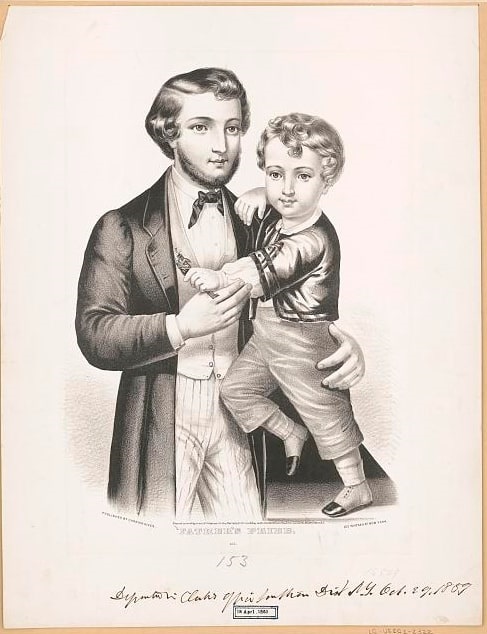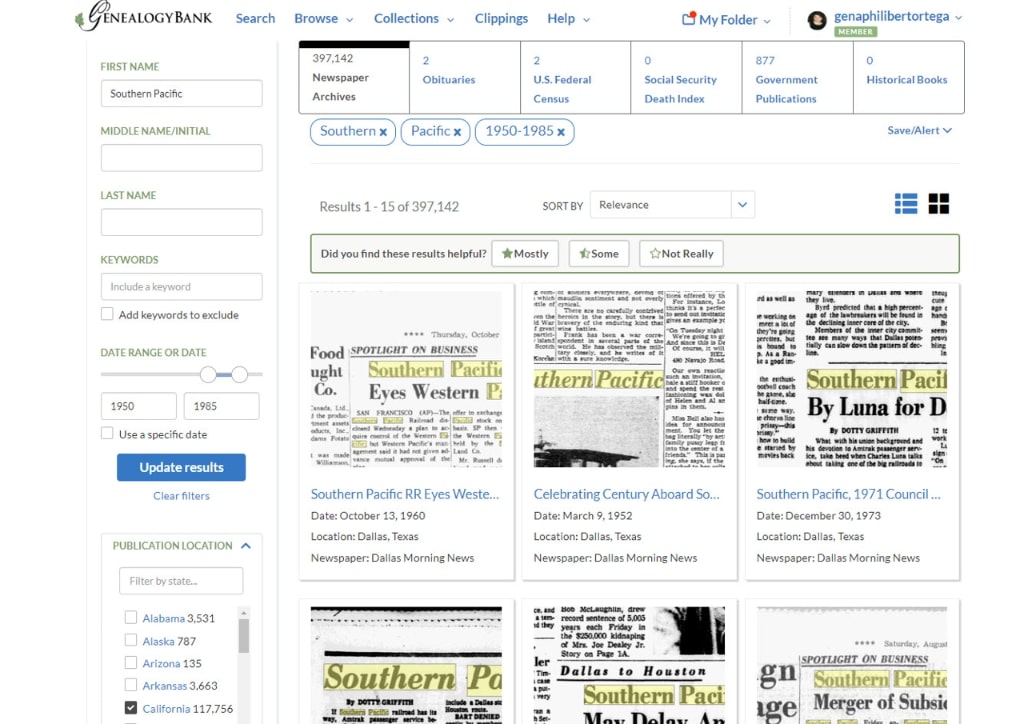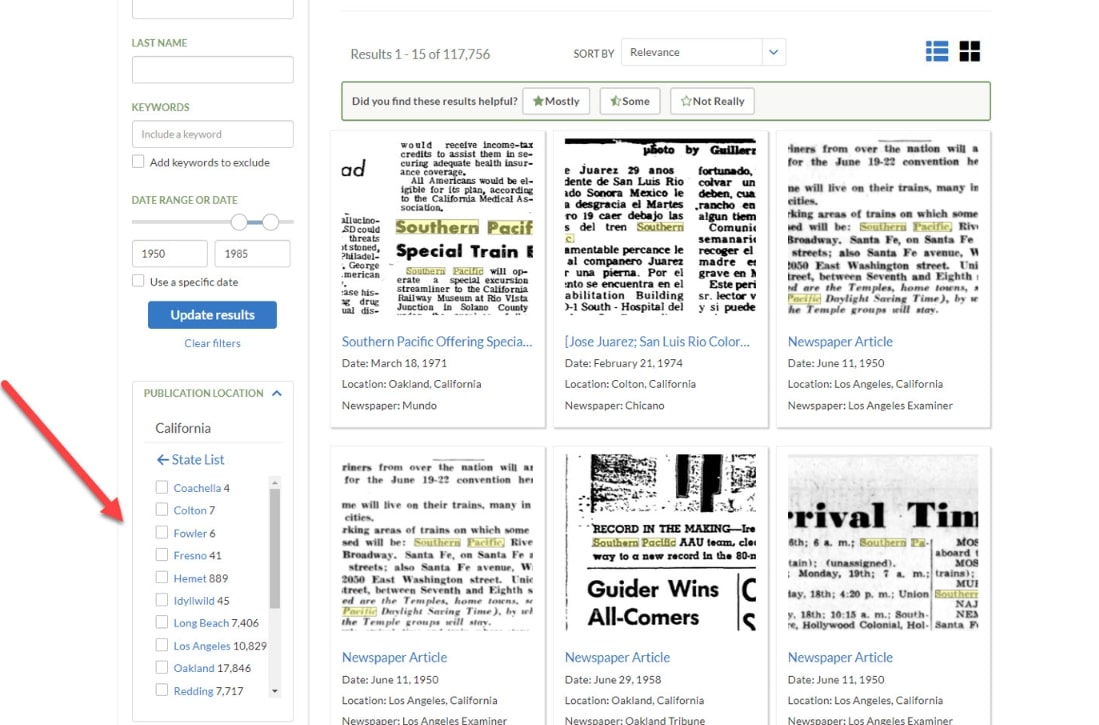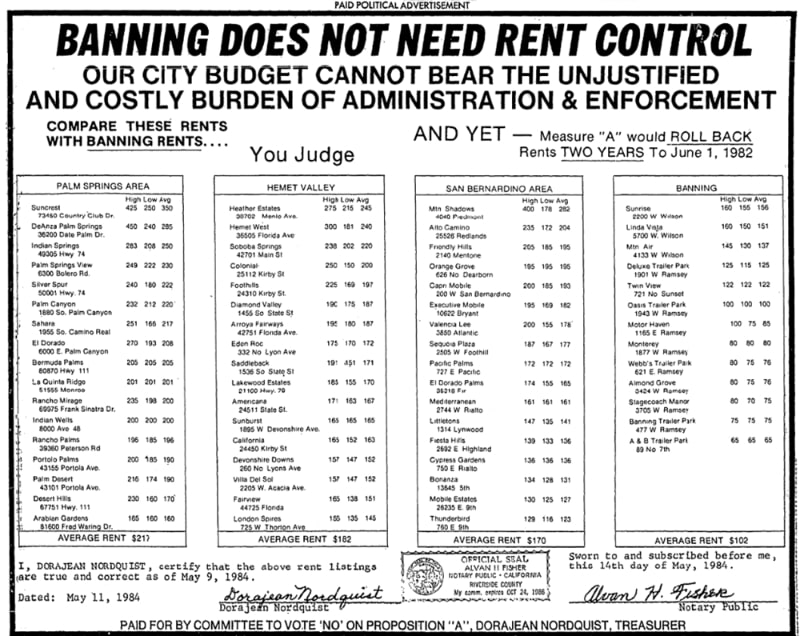Introduction: In this article – to help celebrate Father’s Day this Sunday – Gena Philibert-Ortega gives three helpful tips for searching for your Dad or any male relative. Gena is a genealogist and author of the book “From the Family Kitchen.”
How do you search for the men in your family tree? Most likely you answered that you search by name. That’s a great way to search but there are others.

Do you search by name variations? What about the name of the place he worked for? An address may yield clues that you hadn’t considered previously. Varying how you search can help you be more successful in your searches. One search is not enough!
(1) Search by Name Variations
Let’s say the male ancestor you are searching for is John William Smith. How do you search that name?

The obvious answer is that you would enter John William Smith in the appropriate search engine boxes. But that’s only one of many ways to search that name.
JW Smith should also be searched. It doesn’t matter if he didn’t prefer to go by his initials, the newspaper article he appears in may have used them. Depending on the time period, the newspaper reporter may have used an abbreviation. John, in the past, was abbreviated Jno. So, he could appear as Jno William Smith or just Jno Smith.
Maybe he preferred his middle name and either used it or J. William Smith.
His name could have also been listed as Smith, John William (and other variations) or he could even be listed as Mr. Smith. Did he have a nickname? He might be listed that way. Or the nickname was used as a middle name, such as John “Rusty” Smith.
Finally, don’t forget that there might be (or most likely will be) misspellings of either his first, middle or last name as well.
Suffice it to say, one search of a name is not enough.
(2) Search by Employer
Not all newspaper articles relevant to your ancestor will list him by name. Newspaper articles focusing on the company he worked for, or his industry, can be just as valuable for learning more about his everyday life and adding events to your research timeline.
In the search engine, search by the name of his employer. Narrowing it by the years he worked may help to focus the articles on ones that reported events or activities that were relevant to his life.
To search the historical newspaper archives for the company he worked for, enter that name in the First Name search engine box. You can add quote marks, for example “Southern Pacific,” to conduct an exact phrase search.

My paternal grandfather worked for the Southern Pacific Railroad. So, I entered Southern Pacific (without quote marks this time, to get a broad search) in the First Name search box. I then narrowed my search for the years 1950 to 1985. This search resulted in almost 400,000 hits.

I then took that search and narrowed it by state. Narrowing it to California helped focus my search, but there were still over 100,000 results. At this point I could either narrow this search further by adding quote marks (“Southern Pacific”) for an exact name search, or I could narrow it by city.
I narrowed the search by a few cities, which greatly reduced the number of hits. I chose to narrow by city because it allowed me to focus on cities in Southern California, where he worked, instead of the entire state.
Genealogy Tip: Once you narrow by a state you can choose more than one city to narrow your search further. Just click the check boxes next to the cities you want your results to include.

(3) Search by Address
Where did he live? Another way to search historical newspapers is by an address. This may provide anything from an article to a classified advertisement to a tax notice.
I searched on the address for a community my grandparents lived in near Palm Springs, California, and found a political advertisement that listed rental prices. This helped me understand more about where they lived and what range of rent my grandparents paid in the 1980s.

To search by an address, just enter the street address into the Include these keywords search engine box. Don’t add the city or state. Add quotes around the street address to indicate an exact phrase search. If you’re using the advanced search engine you can narrow the search by a state and then a city. If you use the basic search, you can narrow the search once you get your results.
Genealogy Tip: Learn more advanced search techniques in the GenealogyBank FAQs: https://www.genealogybank.com/information/help/advanced-techniques.
Don’t Search Just One Way
One of the biggest lessons to learn about searching historical newspapers is to not search using just one name or keyword. Multiple searches using name variations and keywords can help you find information, both biographical, historical, and contextual, that you would not have found otherwise.
Happy Father’s Day!
Explore over 330 years of newspapers and historical records in GenealogyBank. Discover your family story! Start a 7-Day Free Trial
Note on the header image: Father’s Day 2018 at the strawberry farm in Queensland, Australia. Credit: Kgbo; Wikimedia Commons.
